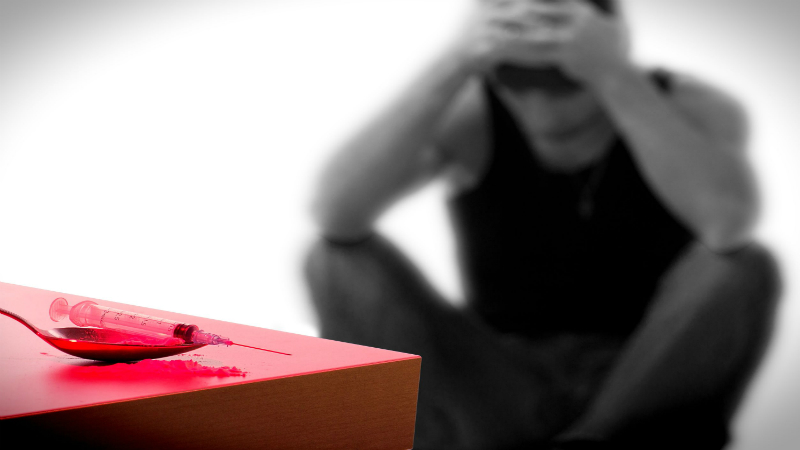Teens with eating disorders need a comprehensive level of support for their initial treatment in any Los Angeles treatment center. This initial eating disorder treatment can include several different options from a residential treatment to partial hospitalization or intensive outpatient where the teen lives at home but attends daily counseling and treatment activities.
While many people assume eating disorder treatment is more of a physical treatment, there is an essential need for immediate and ongoing mental health support, education and training with regards to coping strategies, body image distortion and other issues that are unique to the patient.
Physical Health
When there is a severe issue with physical health due to the eating disorder, most often seen in Anorexia Nervosa but also present with Bulimia Nervosa, the physical health issues have to be treated first.
This can include hospitalization for the patient to allow the body systems to stabilize and to be able actually to process food through the digestive system. When there has been a highly restricted diet for months or years, it can be a life-threatening condition, so physical health will be a priority.
Mental Health
There are many different types of eating disorder treatment options for psychiatrist and psychologists to draw on in treating a patient. The best programs will use a holistic approach, which means the treatment plan is developed to address all the issues the teen is struggling with in a comprehensive way.
This also ensures that the eating disorder treatment plan is customized to the teen, and not the teen simply being treated using a cookie-cutter type of treatment approach.
The mental health aspect of the treatment will focus in on underlying issues such as body image distortions, self-esteem issues, concurrent mental health conditions or issues with trauma or anxiety.
Education
Through the work of dietitians and counselors, the teen will also learn the importance of the different food groups and how to have a “normal” relationship with food. This includes understanding how to eat to stay healthy as well as how to incorporate healthy levels of exercise and activity into their routine. This education can also extend to the family, helping them to have the ability to work with the teen after the residential or hospitalization phase is complete and the teen returns home.
Coping Strategies
Throughout the eating disorder treatment in Los Angeles, the staff will be working with the teen to learn effective ways to deal with stressors and triggers in life that may be problematic for the teen.
This not only helps to prevent relapse after the eating disorder treatment is complete, but it also prepares the teen for lifetime management or their health and well-being.
For eating disorder treatment specifically designed for teens, Adolescent Growth offers holistic treatment plans and options for every family. To learn more visit website.






